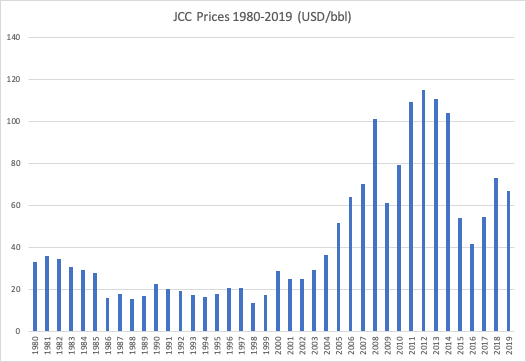EU Revisits AI Regulation Amidst Lobbying and Industry Pressure

BRUSSELS — The European Union's recently enacted regulations on artificial intelligence, designed to safeguard users and set a global standard, are now facing significant scrutiny and potential revision less than a year after their implementation. This shift, spurred by a changing political landscape and intense lobbying from the tech industry, poses challenges for lawmakers and safety advocates who fear a rollback on critical protections could lead to unsafe technologies entering the market.
Originally celebrated as a landmark achievement in regulatory oversight, the EU’s Artificial Intelligence Act, which became law in August 2024, established frameworks for managing high-risk AI applications. However, EU officials are now grappling with pressures to relax these regulations in response to competitive threats from the United States and China, which dominate the global AI landscape. Henna Virkkunen, the European Commission’s tech sovereignty chief, has hinted at the possibility of a pause on the rollout of the law during discussions with EU ministers in Luxembourg on June 6, 2025, stating, "If we see that the standards and guidelines are not ready in time, we should not rule out postponing some parts of the AI Act."
The urgency to amend the existing AI regulations arises from concerns that the EU is lagging behind its global counterparts in technological innovation. According to a report by the European Commission, only 13% of companies in Europe are effectively utilizing AI technologies, highlighting the need for a balance between regulation and facilitation of technological advancement.
Opponents of potential regulatory rollbacks, including digital rights campaigners, warn that diluting the AI Act could lead to catastrophic outcomes for consumers and businesses alike. Kim van Sparrentak, a Dutch Green lawmaker who played a key role in negotiating the AI Act, emphasized, "As long as we don’t have an AI Act that is being enforced, we keep systems on the market of which you don’t know whether these function well or if they are safe."
The debate has intensified following lobbying efforts from major tech firms, which argue that a pause on the law’s implementation is essential for compliance. The Computer & Communications Industry Association (CCIA) issued a statement advocating for this delay, asserting that it would provide companies the necessary time to adapt to the new requirements.
The complex dynamics surrounding the AI legislation reflect broader global tensions in the tech industry. The Biden administration, echoing sentiments from the previous Trump administration, has also expressed concerns regarding the EU's regulatory approach, advocating for a more lenient timeline that would favor innovation over stringent oversight. The U.S. government communicated its position in an April feedback letter to the European Commission, advocating for a pause on the AI Act’s implementation.
This indecision surrounding the AI regulations may jeopardize what is known as the Brussels Effect, the concept that EU regulations influence global technology standards. Critics warn that a retreat from rigorous regulation could undermine the EU's position as a leader in digital governance while giving an edge to American and Chinese tech companies.
The European Commission has emphasized its commitment to the core objectives of the AI Act amidst these discussions. Thomas Regnier, a spokesperson for the Commission, stated, "We are still fully committed to the main goals of the AI Act, but as we seek to simplify our digital rules, all options remain open for consideration."
As the EU prepares for an upcoming parliamentary meeting to address these issues, stakeholders from various sectors will be closely monitoring the outcomes. The potential postponement of the AI Act's provisions could significantly impact the regulatory landscape for artificial intelligence in Europe, shaping not only the future of innovation but also the safety and rights of consumers in a rapidly evolving technological environment.
In conclusion, the EU's struggle to navigate the complex interplay between regulation and innovation in the field of artificial intelligence reflects a broader challenge faced by governments worldwide. As the global race for AI supremacy intensifies, the EU must find a way to ensure that its regulatory frameworks protect users without stifling progress. The decisions made in the coming months will be critical in defining the future of AI in Europe and its role on the world stage.
Advertisement
Tags
Advertisement





